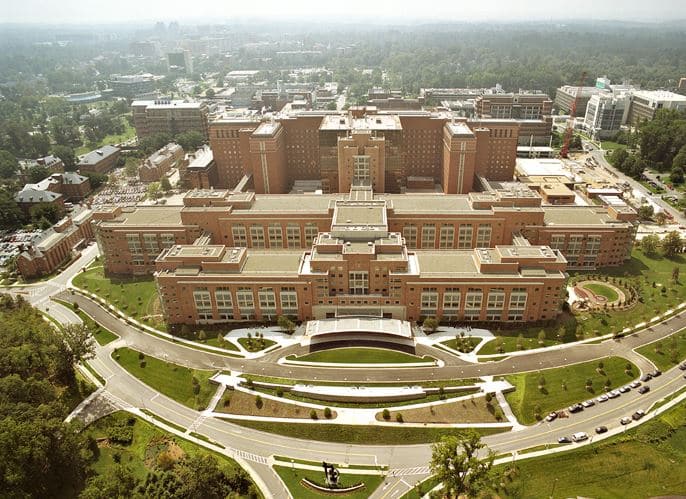More Research Needed on Impact of COVID-19 on HIV

BETHESDA, Md. – The National Institutes of Health released a call for research on how COVID-19 may be indirectly and directly impacting those with HIV.
According to the written statement the, “COVID-19 pandemic is affecting people with or at risk for HIV by interfering with HIV treatment and prevention services” and “threatening individual health.”
Dr. Veronica Miller, from the UC Berkeley SPH and a member of the Office of AIDS Research Advisory Council, is an expert in regulatory science, who has published over 100 peer-reviewed publications on HIV treatment strategies and regulatory strategies for HIV, HCV, HBV, CMV, liver diseases and rare diseases.
“We are definitely monitoring the impact of the COVID-19 pandemic on the feasibility of implementing HIV prevention trials around the world,” said Miller.
According to the NIH many questions remain as to whether people with, “HIV are more at risk for SARS CoV2 the virus that causes COVID-19 and for developing severe COVID-19, “ as evidence to date is mixed.
“The ‘at risk for SARS CoV2’ will be dependent on the immune status of the HIV infected person. Those with a low CD4 cell count/not on treatment are expected to be more at risk. Development of severe COVID-19 may also be affected by comorbidities commonly seen in HIV patients,” said Miller.
Limited evidence provided by the Centers for Disease Control indicates that, “people with HIV who are on effective HIV treatment have the same risk for COVID-19 as people who do not have HIV.”
Another report from December warns that, “people with weakened immune systems are at higher risk of getting severely sick from SARS-CoV-2, the virus that causes COVID-19.”
Questions will continue to arise as more research emerges regarding the link between HIV and COVD-19, but for now it may be too soon to answer.
“We should also look at how HIV-COVID-19 pandemics interact/impact those that are also affected by HBV, HCV, and TB – these are all so interrelated,” said Miller.

























